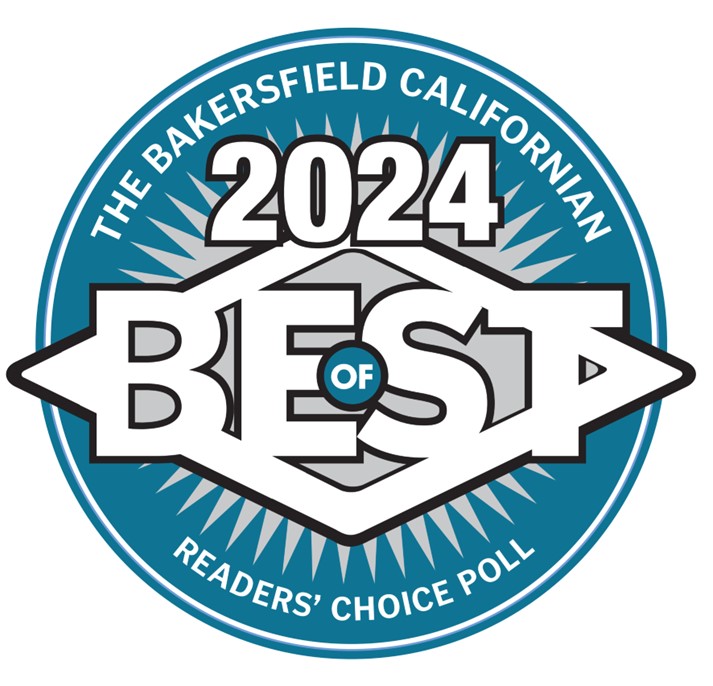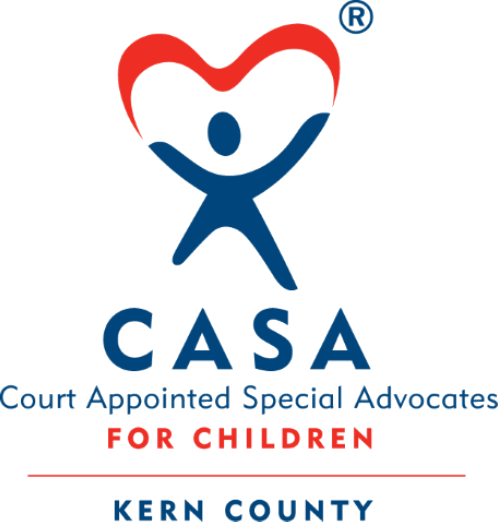If you have any comments about our articles you can email Richard Bowen, CPA
The cost of using a professional is covered
by the savings
The common complaint
Every year I get the opportunity to work with clients that are behind in their taxes. I enjoy this type of work because I see it as an opportunity to help someone that is in a lot of trouble start the process of getting out of trouble. The first time I meet with a client that is a couple of years behind in filing tax returns, I discuss with them what the process will be like, what I will need from them, what they can expect from me, and what my services will cost. The most common complaint I recieve is regarding the cost of these services.
Professionals of all types are expensive and for good reason. Professionals should have a high level of knowledge and experience gathered over the course of many years of studying and practicing in their field. All of this knowledge and experience is brought to bear in a very short period of time to accomplish something for their clients. In the case of someone who is behind in filing delinquent tax returns, I will spend many hours per tax year helping the client understand the process, prepare and gathering documentation, responding to notices, and preparing/filing the returns. I have prepared thousands of tax retunrs.
Is it worth it to have me help you for the fee I will charge? Well, everyone has to answer this question for themselves, but this article will examine many of the logical reasons why a professional is worth more than their cost.
What is a professional?
A professional is a person who is paid to undertake a specialized task. Generally, the professionals I am referring to in this article include; doctors, lawyers, CPA's, tax preparers, financial advisors, real estate brokers, mechanics, electricians, teachers and others that meet a specific set of criteria. The criteria I am using includes; the need for some kind of formal education (college, or trade school), experience under another professional of the same sort, and usually some sort of state or federal testing and/or licensing process.
If you have never thought of professionals as people who spend lots of time learning their trade, and practicing their trade to become good at it, then your view of them might need some updating. The fact is that many professionals spend 2 to 8 years in school, a minimum of 1 year of experience interning under another established professional, commonly have to study for and take exams, and/or have to apply for and receive a state or federal license before they can even work as a professional. For the specific examples that do not require all of these things, such as a mechanic, it still takes years of practice on all sorts of automobiles before they can build a reputation good enough to have their own shop.
Part of the problem with understanding professionals, is that most people are not one. If you just have a job, whether you take it seriously or not, most people did not choose a long course of study prior to working. The 2010 census states that less than 30% of Americans have a bachelors degree. This means that a great majority of Americans simply begin working after high school, get good at something and stick with it. While this is a career, it is a much different path than that of the professional. The path to become one is long and daunting. In many cases, the required continued education to stay a licensed professional is also difficult (CPA's have to take a minimum of 40 hours of continuing eduction per year).
When is a professional right?
If you have ever heard the saying, "The man who represents himself in court has a fool for a client", then you should understand why using a professional for certain services is so important. Whenever you need a specialized task done a professional is usually the person you call. You can mow your own lawn, clean your own house, maintain your own pool, change your own oil, and cut your own hair if you want. However, most people pay a person to do these things. They usually do them quickly and well. While not all of the people who do these things are highly skilled, they have the desire, motivation, and ability to do the things that you do not want to do.
All of the things on the list above are things you can do yourself... How about preparing your own tax return, responding to IRS letters, setting up a long term retirement plan, trading stocks, replacing your transmission, fixing an electrical problem, diagnosing cancer, filing a lawsuit, changing your circuit breaker. The list can go on and on. This list represents things that you should probably use a professional for. Many of them you might attempt yourself if you have the inclination to do so, but the task could easily be completed by someone with a lot of knowledge and experience for a fee. So while you might attempt it, they could do it without breaking a sweat.
A professional is right when you need something very specialized done. The specializations for difficult or complicated tasks drive entire industries. When there is money to be had to understand or do something difficult or complicated, you can bet someone will be willing to jump through all of the hoops to become the person that gets paid to do it.
Why are professional so expensive?
As I have mentioned, it takes a lot of time to become and stay a professional. To become a lawyer you have to get a doctorate degree, study for and pass the BAR exam. Along with the other requirements you also have to gain the practical real world experience that makes your skills useful to the clients that you indend to serve. On top of all of that, if you are self-employed you have to build your own client base. All of this takes lots of time.
Generally, professionals are expensive for two reasons, the first is that they have knowledge and skills that their clients either don't have, or don't have the time to use. This creates a specialization power that allows them to charge higher rates than other industries might. The law of supply and demand dictates the price.
The second is that they are leveraging the time they put into eduction, licensure, and on the job experience. It takes approximately 10,000 man hours to become a CPA (4,800 for the BS degree, 500 hours for studying and testing, and 4,000 hours of experience under another CPA). These are hours that the CPA either did not get paid for (studying and taking exams), had to pay for (Schooling), or was lowly paid for (interning under another CPA). The average job or career does not require this much advance time investment with little to negative pay.
So the professional in essence, is billing for all of that advanced time that was spent. In addition to the advance time billing some self employed professionals have to bill more to support their infrastructure (office rent, support staff, and equipment).
The wage of professionals varies widely. Some doctors make 100's of thousands of dollars per year, as do some CPA's, lawyers, real estate brokers, and financial advisors. However, other professionals like mechanics and electricians may only make $50,000 to $100,000 per year. The pay scale has everything to do with the industry and the whether the person is self employed or chooses to use their professional licensure as an employee of a firm or other company. You can be sure that when you pay a mechanic 2,500 for a new transmission, the mechanic is only seeing a small fraction of that.
Now that you know many of the reasons why professionals are so expensive, we should explore the concept fo the cost being covered.
How is the cost covered?
The cost is covered refers to the amount of time, money and heartache that a professional can save you. You can represent yourself when buying a home to save on commissions, but at the end of the day, can you be sure that all of the paperwork was filled out correctly? Can you be sure your title policy, which was based on that paperwork, will hold up if a problem occurs? Can you be sure you got a good deal, and that the sellers agent, who has a lot of real estate experience, did not take you for a ride? How long did it take you to get the deal done? How much did you stress about it? These are the questions that make the specialized knowledge and experience of a professional worth paying for.
When I have the opportunity to help a client that has tax problems, I can commonly catch things that will either save them tax money on the front end or help them avoid additional tax, penalties, and interst on the back end. On top of all of that, my service, profesionalism, and experience can give the client a sense of peace and well being. Tax matters can be especially stressful for all sorts of reasons, and the knowledge and experience of a professional can ease that stress.
The cost of using a professional is covered.... While it is generally expensive, the professional can literally save you more money than you pay them, do it in far less time that it would take you, and they can also give you the benefit of peace of mind.
Do what you are good at, and let others do the same.
In life I have found that it is helpful to be good at what you do, and pay others to be good at what they do. I do not mow my lawn, clean my pool, cut my hair, change my oil, or do home repairs. I am good at accounting, tax, and other financial services. Others are much better at doing the other things. I expect to be paid well for being good in my field, and allow others to be paid well for what they are good at. This is regardless of whether it is something I am capable of.
There was a time when I felt pressure from the world around me to do things like cut my lawn and do home repairs. I find no pleasure in these things or their completion. I finally chose to pay another to do them, and save myself the time required to do them, and the mental and emotional space involved in being required to do them. I find pleasure in the addional time and mental freedom that I essentially pay for.
If it is your job, be good at it. If it brings you pleasure to do or is a hobby, then do it, and enjoy it. Otherwise, pay someone else who is willing, able, and is good it.
Some Notes
Moral and ethical requirements. Most boards that regulate professional licensure are adding more and more strict eductional and code requirement in realtion to ethics. Many professionals agree to specific ethical codes when they get their licensure. In most cases, if the professional breaks this code, they will lose their license and be unable to practice in their field of expertise. This is another reason why the general public should be able to rely on professionals to be ethical in their dealings.
Contingent fees. A CPA cannot prepare a tax return or provide other services for what is known as a contingent fee. This means that they cannot take as their fee a percentage of the tax refund they earn you, or a portion of the reduction in tax. This rule applies to all sorts of payment agreements that exist in the financial industry. This exists to protect the consumer and keep the CPA free from relying on the work for their fee. Thus, giving them incentive to cheat or make false representations.









